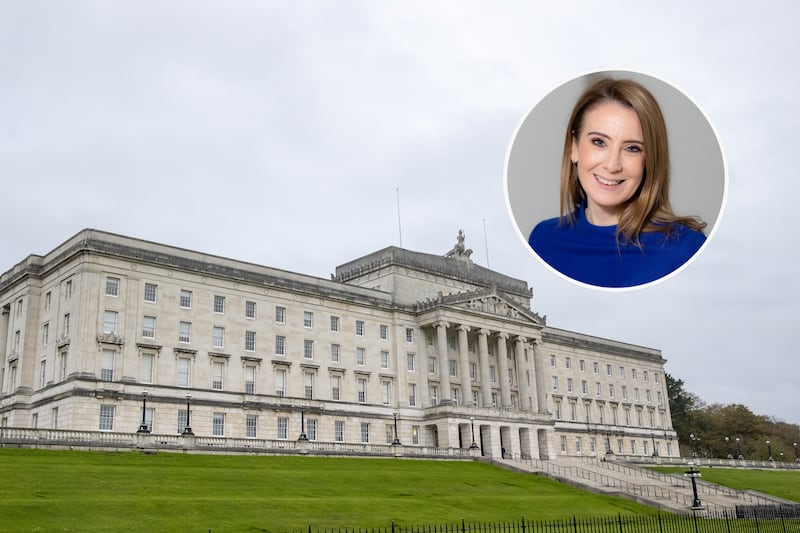UK-listed companies issued a year’s worth of profit warnings in the first quarter (Q1) of 2020, a new report has found.
A total of 301 profit warnings were issued during Q1 2020, compared to 313 in the whole of 2019 and 287 for 2018, according to the research by professional services giant EY.
It marked a 238 per cent surge on the same quarter in 2019, leaving it significantly higher than any previous quarter in the last twenty years.
EY’s latest ‘profit warnings’ report found that FTSE-listed travel and leisure firms were dramatically affected, with 70 per cent of the sector sounding the profit alarm.
One-in-five of the UK’s quoted companies issued a profit warning in Q1 2020, more than the percentage of companies warning in the whole of 2008 (17 per cent), with Covid-19 the common thread.
But the report found that while 77 per cent of profit warnings blamed coronavirus in the first quarter, EY said significant parts of UK plc were struggling before the pandemic.
In January 2020, the public services group recorded warnings had increased by 43 per cent year-on-year, when compared to the same month last year.
Andrew Dolliver, transaction advisory services restructuring partner in Belfast said: “Political uncertainties and rapid structural change pushed UK profit warnings to a ten-year high in 2019. Covid-19 has created new problems, but it has also accelerated existing structural change and exacerbated existing weaknesses.
“When lockdown lifts, it will undoubtedly ease some pressures, but these underlying issues will remain – alongside new challenges.”
EY’s report showed that after the travel and leisure sector, 63 per cent of listed industrial materials firms issues a Q1 profit warning, followed by retailers (61 per cent).
It said all but five of the 42 FTSE sectors it tracks issued Covid-19 related warnings.
“Consumer discretionary sectors have been hit exceptionally hard, due to the nature of their operations, plunging consumer confidence and existing structural weaknesses,” said Mr Dolliver.
“Airline travel and holidays have all but stopped. Many retailers have redesigned online operations to protect staff, but this isn’t always a viable option.
“Some companies have also found themselves on the wrong side of a trend. Supermarket sales have increased hugely, but food producers supplying to restaurants and pubs, for example, have seen sales plummet.”
EY has forecast that the number of profit warnings will fall if restrictions on movement are eased at the end of May.
But it expects distress levels to rise – with echoes of 2008 to 2009 and the aftermath of the financial crisis. Notably, there were more insolvencies in 2009 than 2008. The report anticipates a significant increase in corporate insolvencies when the lockdown lifts.





